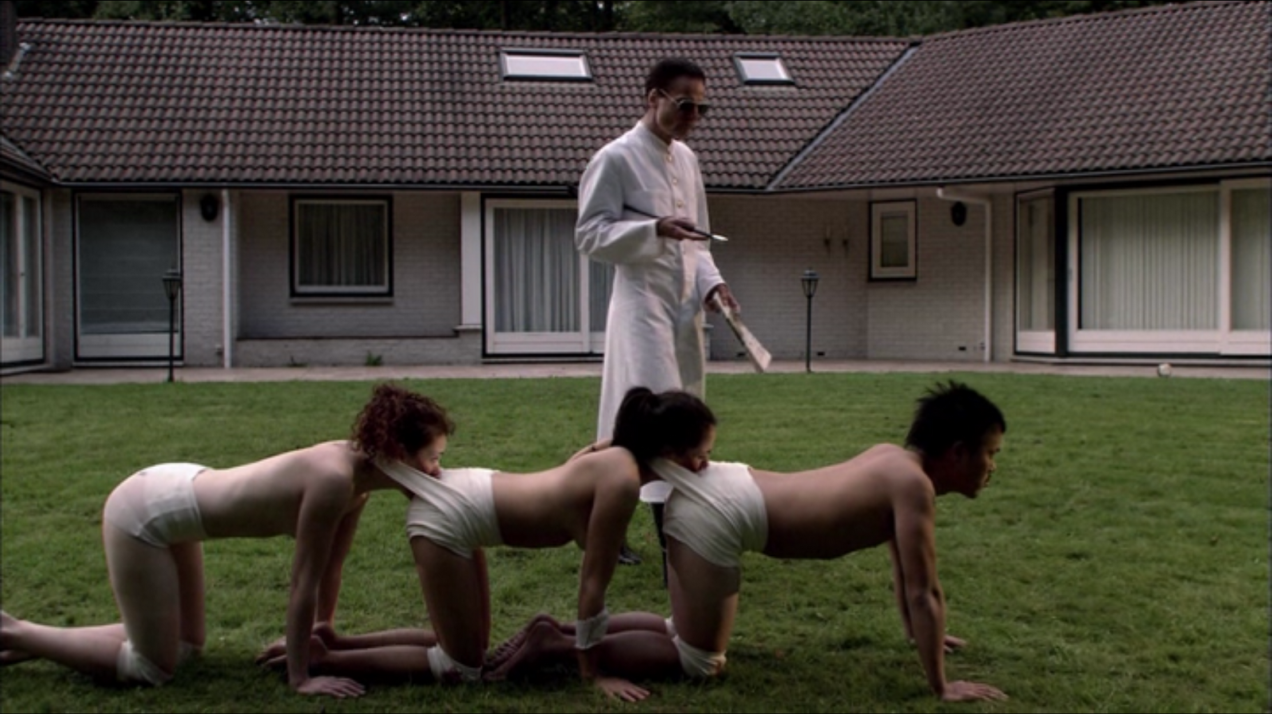Zombie Strippers. I’ll give you a second for that title to sink in.
Zombies, that happen to also strip for a living… I know exactly what your preconceptions are, a crudely written B-movie with gratuitous nudity and some graphic deaths. Basically, little to no artistic integrity and lots of tits. WRONG. Zombie Strippers is about the male objectification of women. In 1975 Laura Mulvey introduced the second-wave feminist concept of the male gaze in film and media. This theory highlights the asymmetry of gender power in cinema, how females are often objectified through male voyeurism and how cinema is too often focused on pleasing the sex-hungry males.
After meticulously studying the narrative I have deduced that director Jay Lee is undoubtedly a feminist and Zombie Strippers is in fact a feminist film. In the film, Kat who is played by Jenna Jameson (renowned supporter of female rights) is infected with a zombie virus. To the management’s surprise at the Rhino club, Kat is actually more popular after she becomes a zombie and the other dancers follow suit. Get it? Because the male objectification of women is so oppressive that it renders females as non-human. Clever.
The film also further portrays a feminist agenda as the ‘zombie strippers’, including my personal favourite: the sassy goth Lillith, proceed to kill and eat the male patrons in the Rhino club. If that isn’t a metaphor for empowered women breaking free from their patriarchal constraints then I don’t know what is.
If all that latent social commentary on gender equality isn’t enough to placate your need for veiled themes, Zombie Strippers also has a lot to say about the political climate in America during the ‘war on terror’. For starters the narrative unfolds in a dystopic future during Bush’s fourth term and the U.S is at war across the globe. Later, near the conclusion of the film it is revealed that the American government has purposefully chosen not to intervene in the zombie epidemic so as to avert attention from the Country’s poor handling of the war effort. Not only is Jay Lee’s film edgy, anti-war and anti-republican but it is also an example of feminist cinema. What’s not to like? With Zombie Strippers Lee has proven that he is just like a member of anonymous, truly changing the world for the better.
Oh, and Robert fucking Englund (Freddy Krueger if you don’t know) is in it.
Ford Maddox Brown



